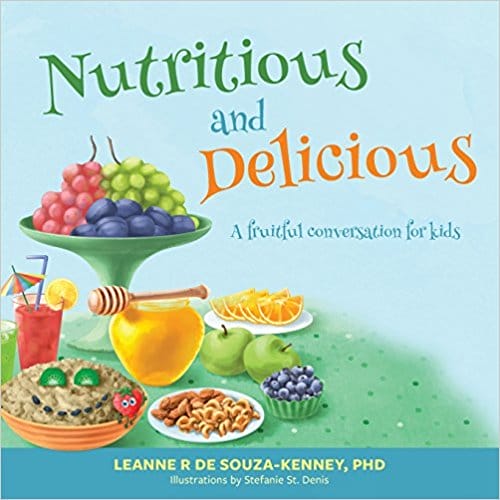While obesity management is not just about eating less, a healthy eating plan is very important for your overall health. This strategy should focus on reducing your calories by improving daily eating patterns, watching portion sizes and eating balanced, nutritious meals.
Remember, it is all about finding a plan that you can fit into your daily life and enjoy over the long term. Extreme or “fad” diets are not recommended as they are usually not something that you can keep up for an extended period of time.
What drives us to eat?
Your body has two different drives to eat. Learning the difference between the two can help you understand your appetite and figure out where to put your obesity-management efforts.
Body hunger is the drive to eat when you feel physically hungry and is regulated by hormones in your gut, blood sugar and fat tissues. To best manage this type of hunger, it is best to eat regularly, have balanced meals that include protein, carbohydrates, fruits and vegetables and to try to limit your intake of high sugar and high fat foods.
Reward hunger is controlled by the brain and includes emotional, stress-related and mindless eating. When this hunger is in control, we eat even though we are not physically hungry. We can even end up eating without realizing it (unconsciously), and generally go looking for foods that are pleasurable, and sometimes less healthy.
Reward hunger is typically a sign that your brain is overwhelmed, stressed or checked out, and looking to use food as a way to cope with a situation or emotion. To best manage this type of hunger, it is important to identify what triggers your “reward hunger” and what actual need your body is trying to satisfy in its place.
Related Posts



